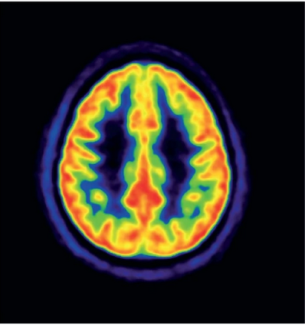Redefining neurodegenerative & neuroinflammatory disease boundaries and trajectories
The NeuroPrems transversal program aims to address the following gap of knowledge:
- Are there common pathways underlying the pre-symptomatic phase of neuro-degenerative & neuro-inflammatory diseases?
- Can we identify modulators of disease conversion & progression to derive efficient therapies and prevent disease conversion and progression?
The primary objective of Neuroprems is to identify changes in multimodal markers of neurodegeneration and neuroinflammation occurring during the presymptomatic stages of NDDs. The identification of distinct homogeneous presymptomatic profiles of patients will help characterize the heterogeneity of the presymptomatic phase and enable the association of markers with disease onset or progression. The project also aims to identify critical periods of modification of different markers during the presymptomatic stage and to estimate optimal time windows of early intervention for each disease.
This ambitious, cross-disciplinary project, with no international equivalent, is only possible in the exceptional environment of the Pitié-Salpêtrière hospital, which brings together expert centers for neurodegenerative diseases, national reference centers for rare diseases, research teams and technical platforms of Paris Brain Institute. The program will open new venues to understand the molecular mechanisms involved in the genesis of these diseases.
The project's goals
Aim1: Create a unique resource to investigate the pre-symptomatic phase of neur-degenerative / -inflammatory diseases.
The collection of clinical (neurological, neuropsychological and cognitive assessments), imaging and neurophysiology (anatomical, sensorimotor and behavior markers, explorations with MEG, EEG, MRI imaging), molecular biomarkers (identified in blood and samples, and through transcriptomic, proteomic and metabolomics) is required of the in-depth investigation of early stages of diseases.
Aim 2: Derive biomarkers to define disease endotypes and comorbidities and predict disease conversion and progression.
The association of biomarkers with disease spectrum, conversion and progression will be crucial.







